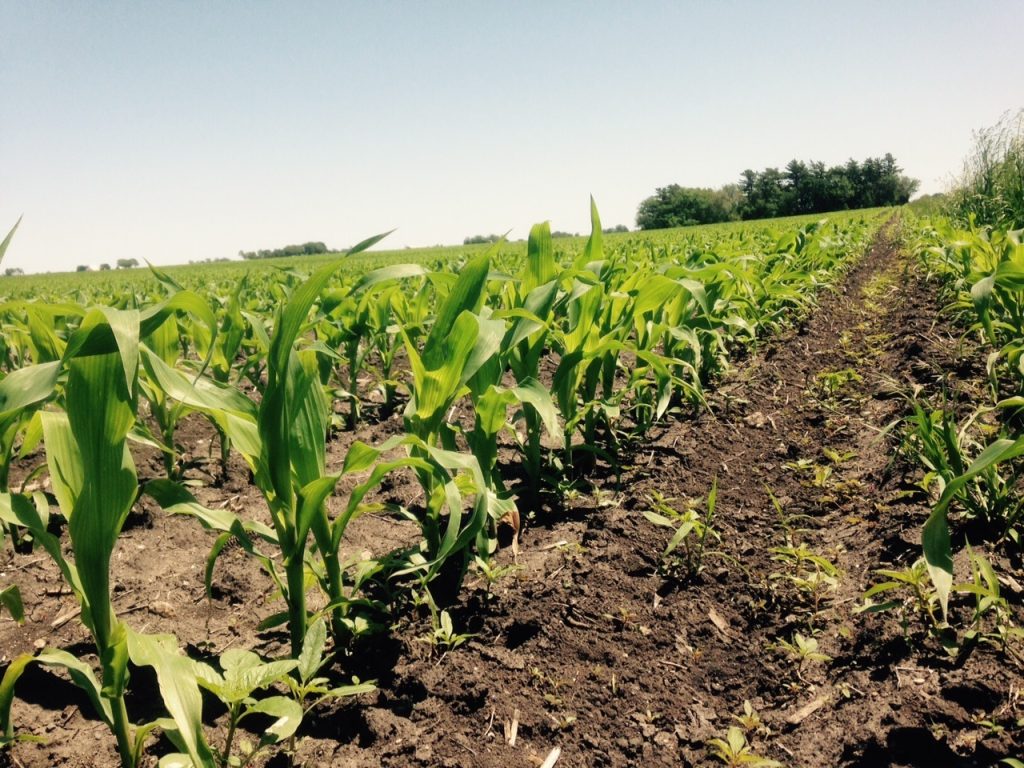The government of Guyana has announced significant progress toward achieving self-sufficiency in livestock feed production by 2025.
Agriculture Minister Zulfikar Mustapha confirmed that for the first time in the nation’s history, Guyana is producing its own corn and soybeans—key ingredients in livestock feed.
Speaking at the commissioning of a new soil chemical services laboratory at the National Agricultural Research and Extension Institute (NAREI), Minister Mustapha emphasized the importance of this development for the country’s economy. “Next year, we will be self-sufficient in producing all the livestock feed in our country,” he stated.
Currently, Guyana imports an estimated US$40 million worth of livestock feed annually. Achieving self-sufficiency, according to Mustapha, would allow the government to reinvest that money into other sectors, further boosting the country’s gross domestic product (GDP).
The move toward self-sufficiency in feed production is supported by the successful cultivation of corn and soybeans in regions like Tacama and Berbice, where over 10,000 acres are currently being farmed. The government has earmarked approximately US$3.87 million in the 2024 national budget for continued development in this sector, with plans to expand cultivation to 30,000 acres by 2025.
Corn and soybeans are essential in animal nutrition, with soya beans producing “oilseed meal,” a plant-derived protein supplement used to improve digestion and growth in livestock. Corn silage, another key component, is often used to supplement the diet of dairy heifers and lactating cows.
This initiative comes alongside other notable agricultural achievements in Guyana, including an increase in rice yield, which rose from 5.9 tonnes per hectare to 6.75 tonnes per hectare, according to the Guyana Rice Development Board (GRDB).
The push for self-sufficiency in agriculture aligns with Guyana government’s broader efforts to strengthen the nation’s food security and reduce its dependence on imports.

